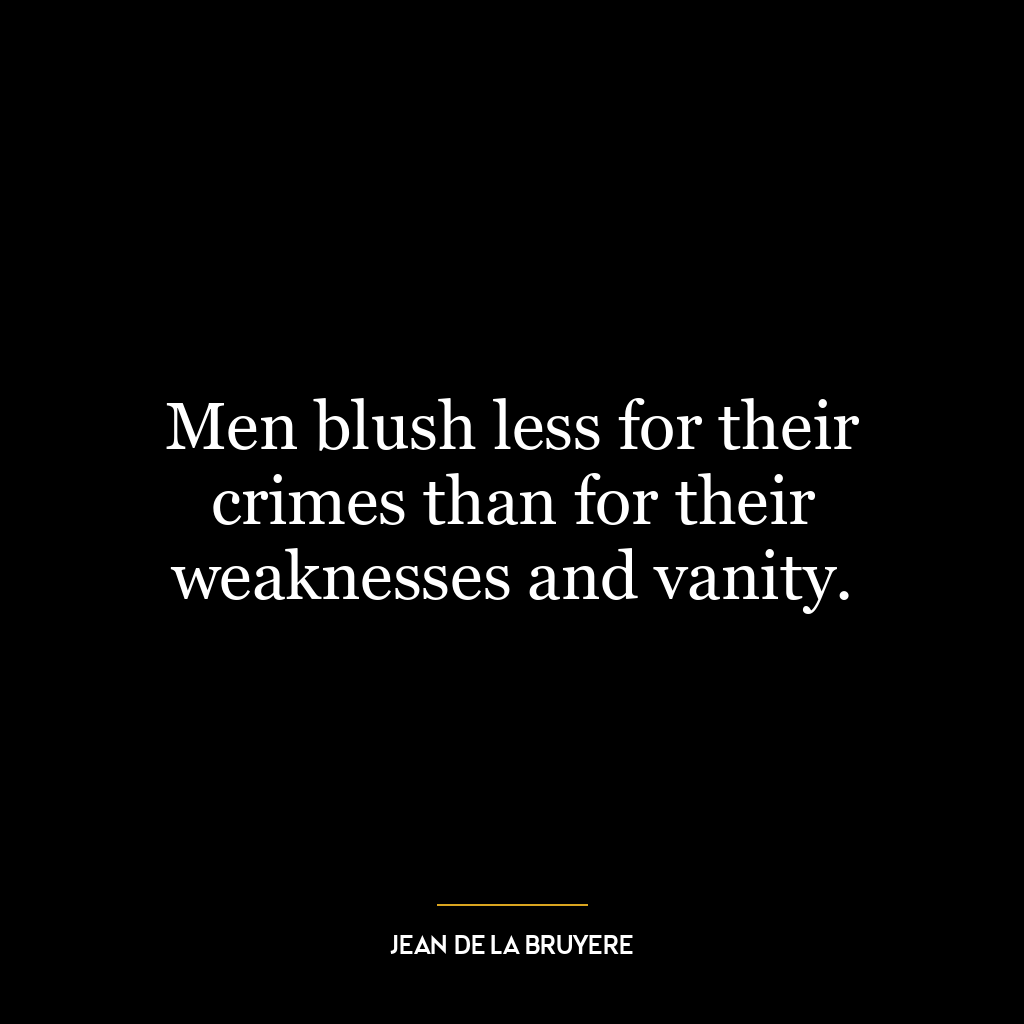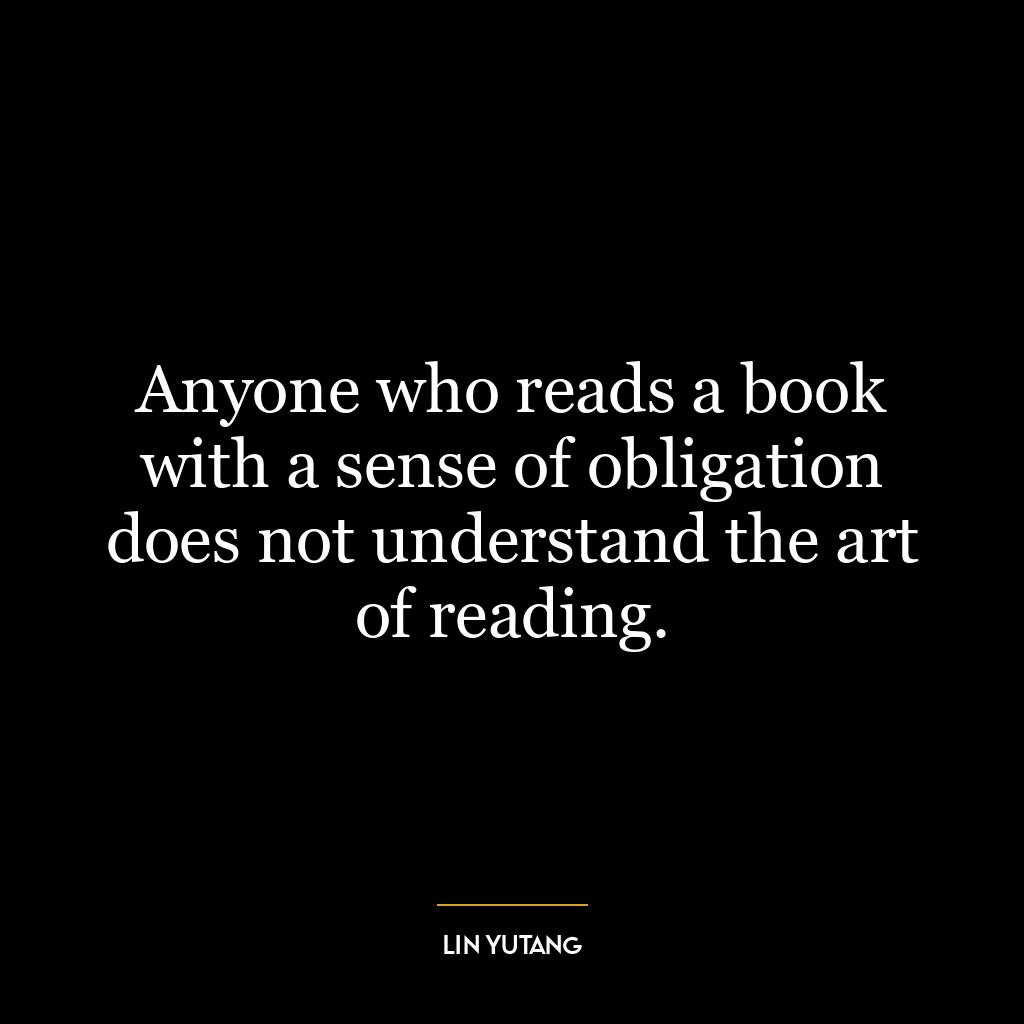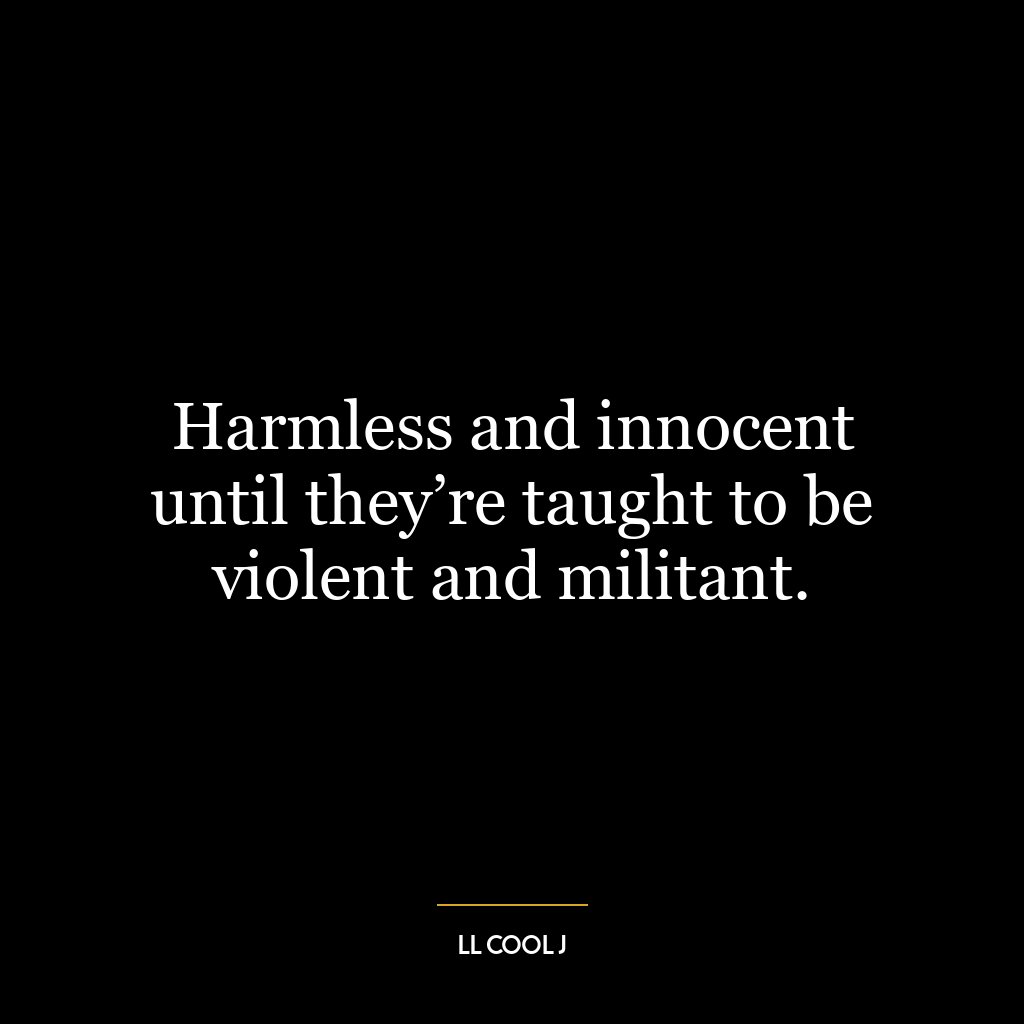Violence is a concession to human weakness, satyagraha is an obligation.
This quote is a reflection of Gandhi’s philosophy of non-violence, or satyagraha. The first part, “Violence is a concession to human weakness,” suggests that resorting to violence is an admission of defeat – an inability to resolve conflicts in a peaceful and rational manner. It implies that violence arises from our weaknesses such as anger, fear, or frustration.
The second part, “satyagraha is an obligation,” refers to Gandhi’s belief in the power and moral duty of non-violent resistance. Satyagraha translates roughly as ‘insistence on truth’ or ‘soul force’. For Gandhi, it was not just a strategic tool for political protest but also a way of life – an ethical obligation towards oneself and others.
Applying this quote in today’s world might involve choosing dialog over aggression when confronted with conflict. It could mean standing up against injustice not with hatred and retaliation but with peaceful protest and steadfast determination.
In terms of personal development, this idea encourages us to cultivate inner strength and patience rather than succumbing to impulsive reactions. It teaches us that real power lies not in domination or destruction but in upholding truth and justice through non-violent means.
However, practicing satyagraha can be challenging because it requires immense courage and resilience. One must resist the urge for immediate gratification through violent response and instead endure potential suffering for the sake of long-term peace and justice.
Despite these challenges, embracing satyagraha could lead us towards more empathetic communication, healthier relationships, more inclusive societies – ultimately contributing towards creating a world where conflicts are resolved through understanding rather than force.








